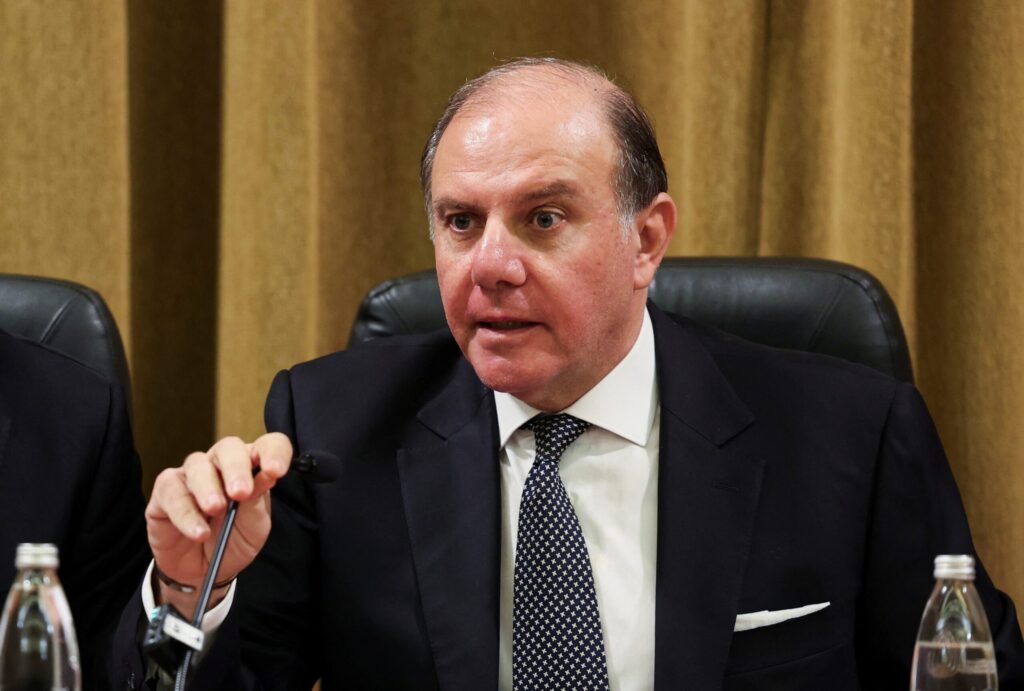Lebanese banks told to merge
Aiming to increase capital
Pledge to protect depositors
Lebanon’s new central bank governor pledged to depositors on Friday they would recover their money and told local banks to increase their capital through mergers.
Karim Souaid said during a ceremony as he took office that small depositors would be given priority in obtaining their funds and that the central bank and the government would work together to tackle the problem.
“We must work to pay depositors all their money. The Central Bank, the government and the banks in the country must shoulder their responsibilities to ensure all depositors regain their money,” Souaid said during the ceremony, which was broadcast live on Al-Jadeed and other TV channels in Lebanon.
“Priority must be given to small depositors then to medium-sized depositors. I also want to ask banks in Lebanon to increase their capital gradually as part of the restructuring plan,” he said.
“Banks which do not wish to do so must merge with other banks.”
More than 500,000 depositors have had their funds locked by banks after the Lebanon’s worst economic and financial crisis erupted in November 2019.
Bankers have estimated the deposits at more than $75 billion and the return of those deposits has been made a condition by the International Monetary Fund to supply a rescue package that includes providing $10 billion in the first phase.
During Friday’s ceremony the former acting governor Wasim Al-Mansouri said central bank foreign assets increased to $10.7 billion at the end of March from around $8.5 billion in mid 2024.
He said the assets grew despite payment of nearly $3.6 billion to depositors over the past five years in the form of monthly withdrawals of $150-500 million.
In comments last month, Fadi Khalaf, secretary general of the association of banks in Lebanon, said banks and the central bank must be held responsible for the deposit crisis.
“Any proposed solutions must be based on the rejection of deposit write-offs, whether at the central bank or commercial banks, as this is neither acceptable nor fair,” he said.
“Proposed solutions should include holding the government and the central bank accountable for the majority of the losses and making use of their assets.”
Register now: It’s easy and free
AGBI registered members can access even more of our unique analysis and perspective on business and economics in the Middle East.
Why sign uP
Exclusive weekly email from our editor-in-chief
Personalised weekly emails for your preferred industry sectors
Read and download our insight packed white papers
Access to our mobile app
Prioritised access to live events
Already registered? Sign in
I’ll register later



